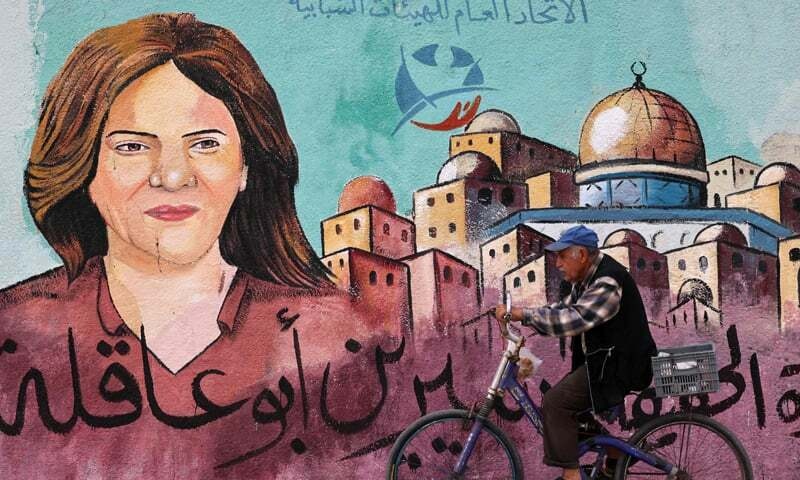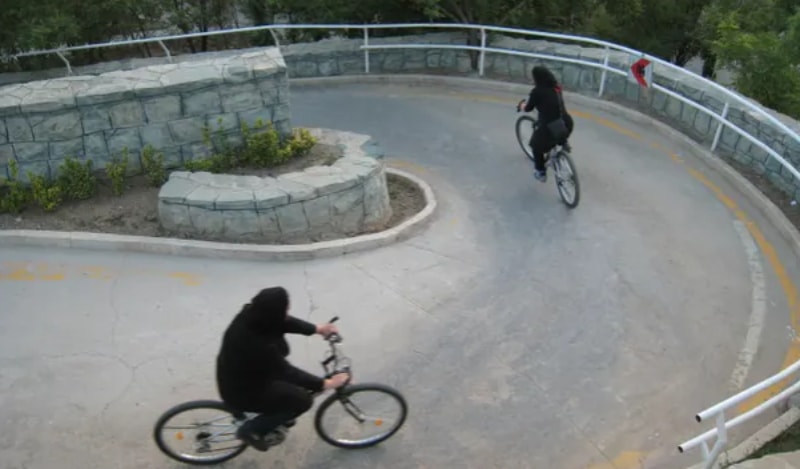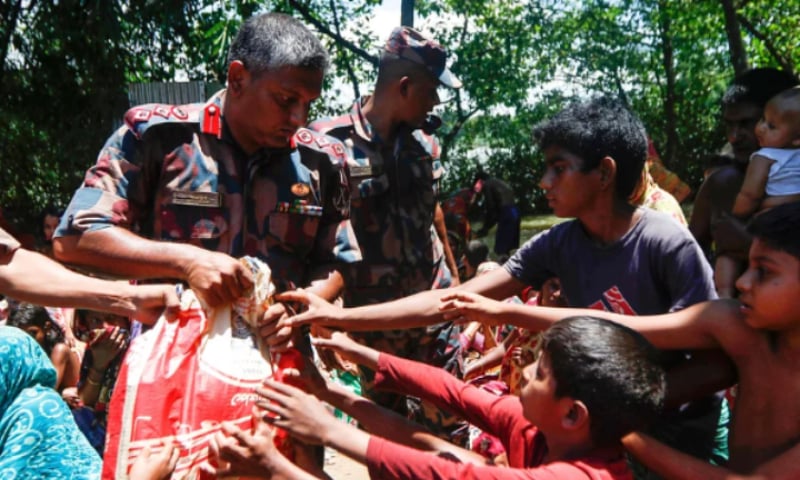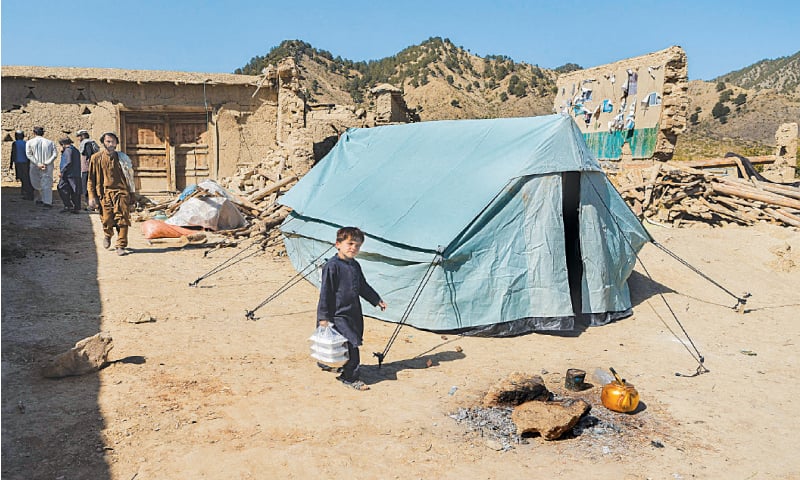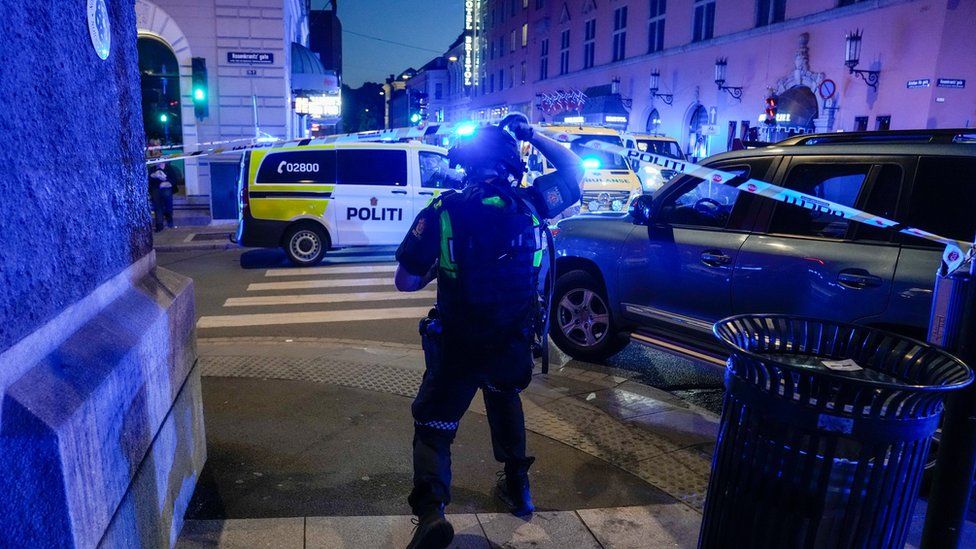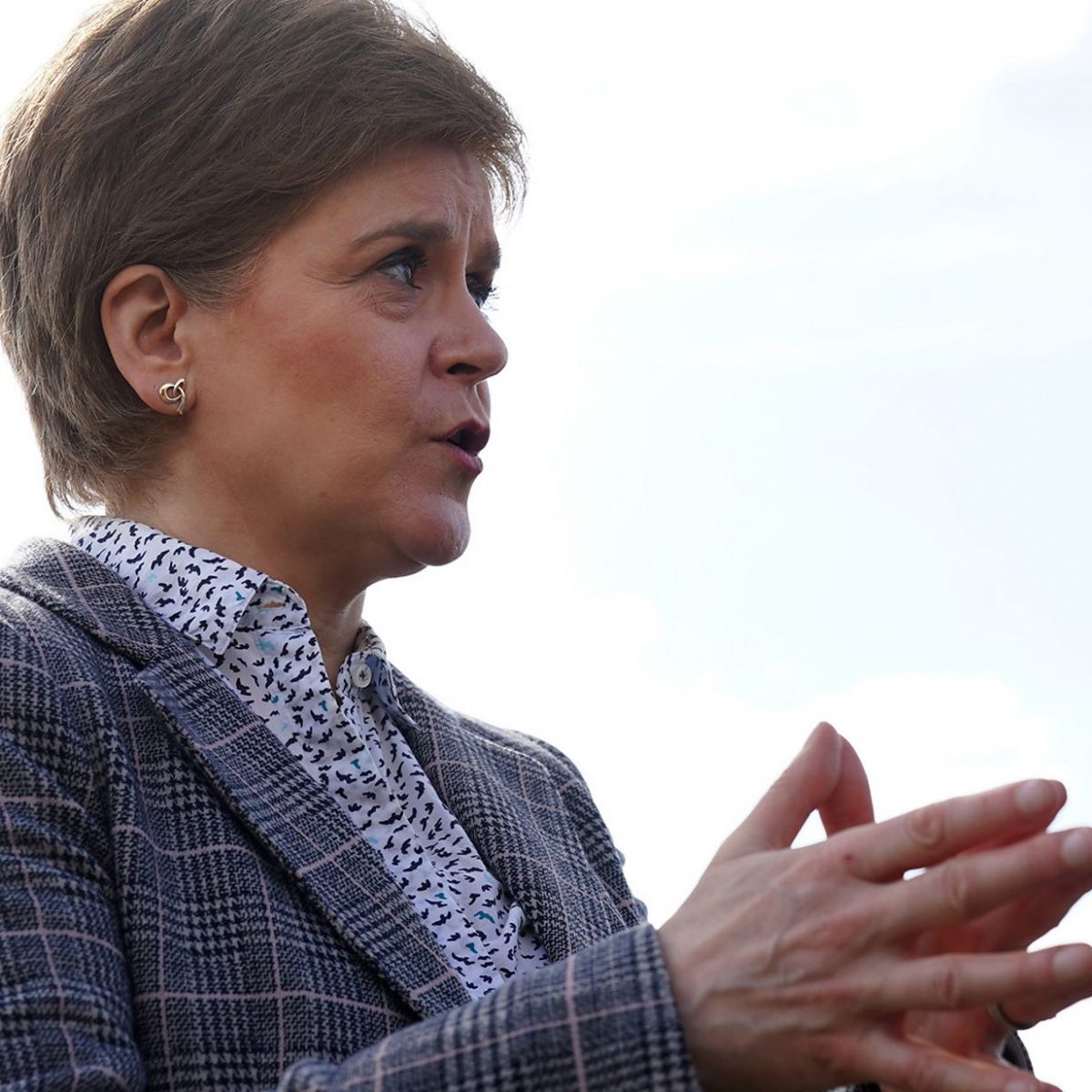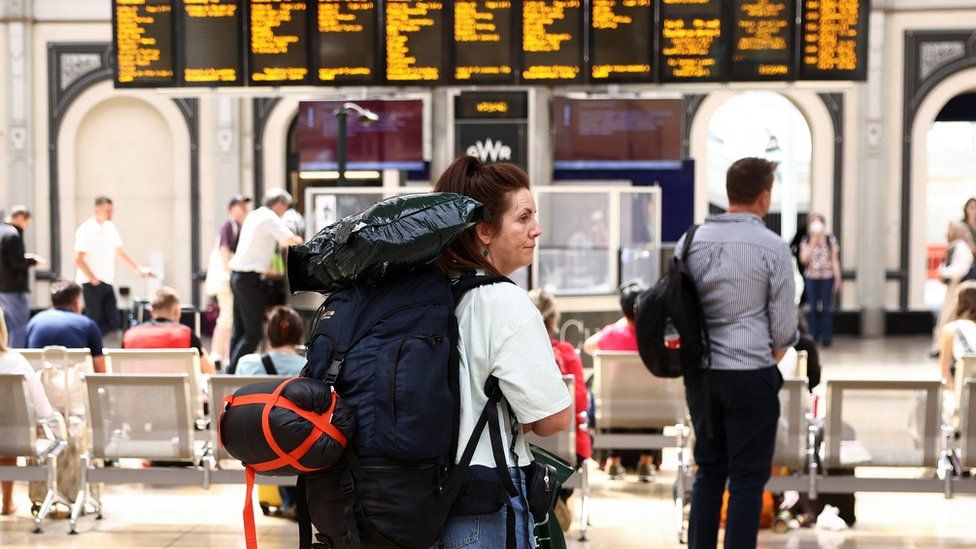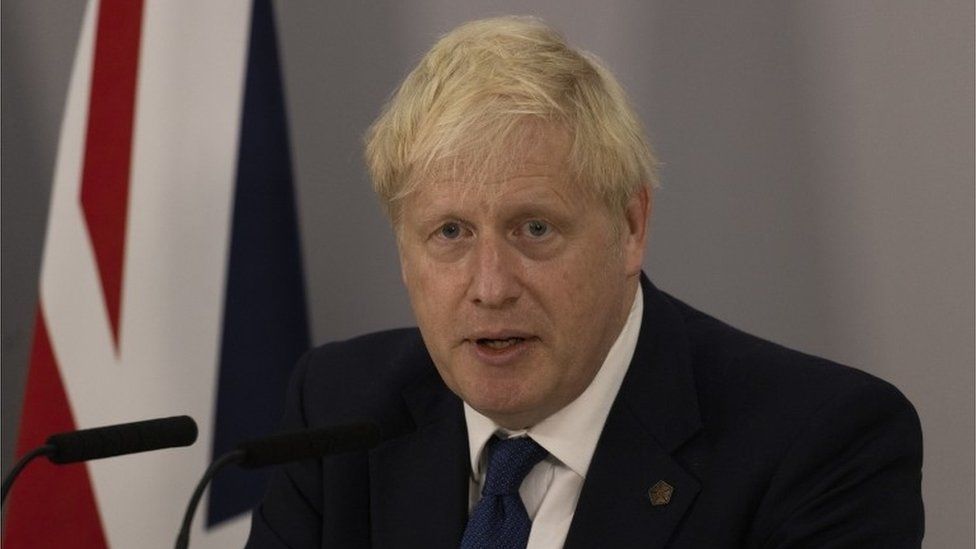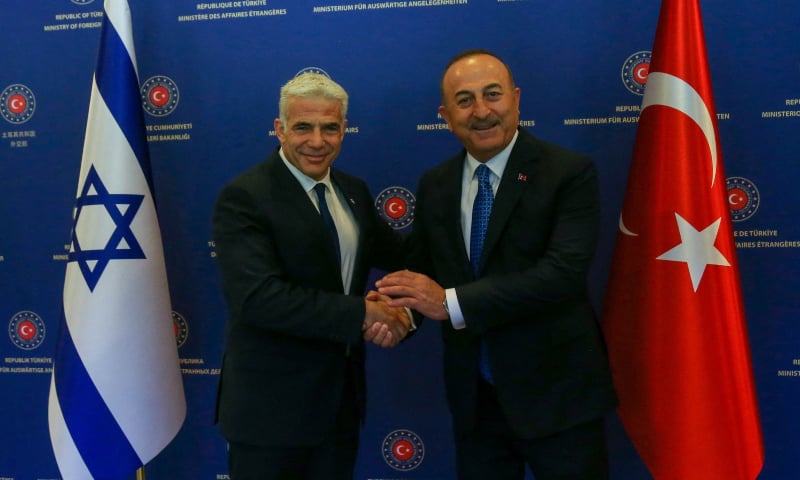The Palestinian-American journalist, who was wearing a vest marked “Press” and a helmet, was killed on May 11 while covering an Israeli army operation in Jenin camp in the northern area of the occupied West Bank.
“We find that the shots that killed Abu Akleh came from Israeli security forces,” UN Human Rights Office spokeswoman Ravina Shamdasani told reporters in Geneva.
“It is deeply disturbing that Israeli authorities have not conducted a criminal investigation. We at the UN Human Rights Office have concluded our independent monitoring into the incident.
“The shots that killed Abu Akleh and injured her colleague Ali Sammoudi came from Israeli security forces and not from indiscriminate firing by armed Palestinians, as initially claimed by Israeli authorities,” she said.
She added that the information came from the Israeli military and the Palestinian attorney general.
“We have found no information suggesting that there was activity by armed Palestinians in the immediate vicinity of the journalists,” Shamdasani said.
In line with its human rights monitoring methodology, the UN rights office inspected photo, video and audio material, visited the scene, consulted experts, reviewed official communications and interviewed witnesses.
The findings showed that seven journalists arrived at the western entrance of the Jenin refugee camp soon after 6am.
At around 6:30am, as four of the journalists turned into a particular street, “several single, seemingly well-aimed bullets were fired towards them from the direction of the Israeli security forces.
“One single bullet injured Ali Sammoudi in the shoulder; another single bullet hit Abu Akleh in the head and killed her instantly.”
UN human rights chief Michelle Bachelet has urged Israel to open a criminal investigation into Abu Akleh’s killing and into all other killings by Israeli forces in the occupied West Bank and in the context of law enforcement operations in Gaza.


